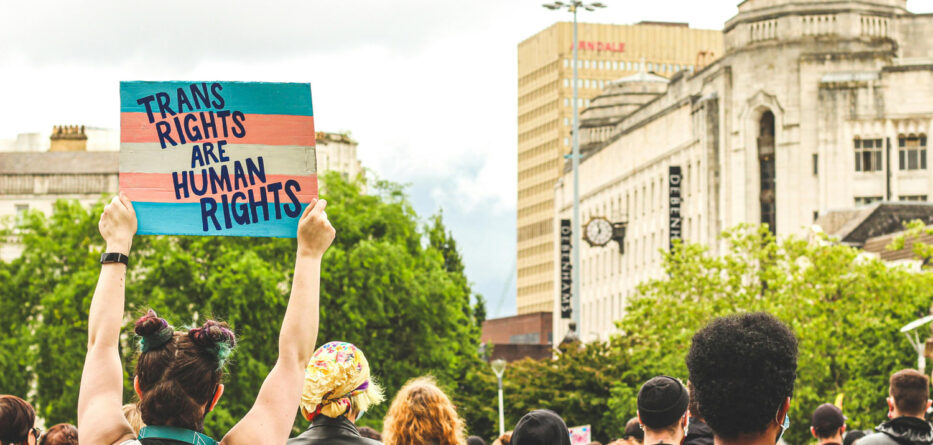A staggering 93% of transgender teens live in a state that has enacted or proposed legislation that would restrict their rights, according to a new report from the Williams Institute at UCLA’s School of Law. Utah was the first state this year to enact a bathroom ban, and that has led to some confusion as school districts aim to come into compliance.
Elana Redfield, federal policy director is one of the report’s authors and says despite the law being what she terms “more measured,” as it may permit some to use the corresponding restroom under limited circumstances, it doesn’t mean it is less harmful.
“Even the mere fact of discrimination being debated, of laws being debated that might potentially result in a restriction of rights or access to services, that can have mental-health outcomes,” she said.
86% of transgender and nonbinary youths say debates around anti-trans bills have negatively impacted their mental health, according to The Trevor Project. The Williams Institute report also found that some states with an existing law impacting access to bathrooms also had new or carried-over bills pending in 2024, that could further limit access. Redfield said the constant uncertainty that LGBTQ people face on a daily basis is taxing and can have serious consequences.
While Utah may also have a gender-affirming care ban and is currently having its transgender sports ban challenged in court due to provisions that are likely unconstitutional and violate Title IX, Redfield said she is pleased to see similar laws failing to pass, in many cases because of people-driven initiatives.
“We see a lot of power in state governments and we see this kind of inspiring example from reproductive rights. Arizona is a great example of people power and access to reproductive care, but also Kansas, when you see that the attempts to ban gender-affirming care have not been successful, and also attempts to ban abortion have not been successful in Kansas,” she continued.
Redfield added it is important to highlight that half of all transgender youths in the U.S. live in 14 states and the District of Columbia that have enacted “shield” laws, which protect doctors and parents who have sought gender-affirming care for trans youth. She added that almost 200,000 trans teens now live in states that have banned conversion therapy, one of which is Utah.





